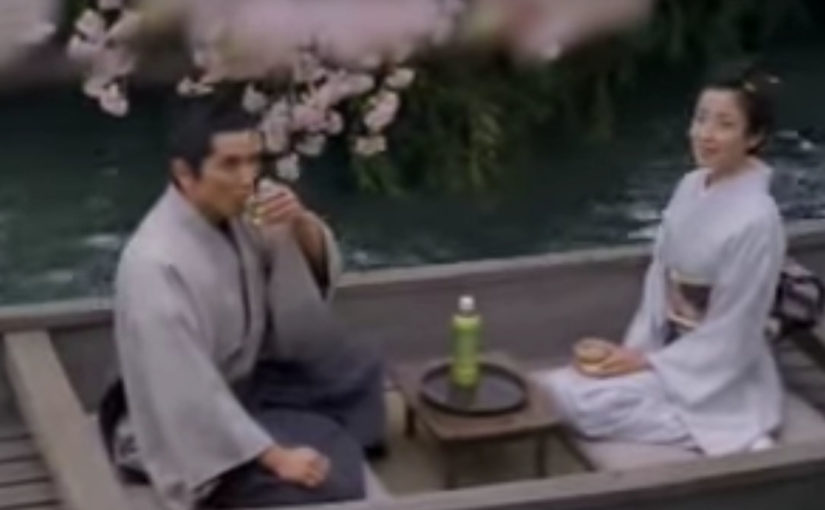Aside from the numerous health risks that are associated with mislabeled fish, seafood substitutiom is also a form of economic fraud. Economic fraud occurs when a lower-priced fish is labeled as a higher priced fish in order to sell the lower-priced fish for a higher price.
Cosmetics (colloquially known as makeup or make-up) are care substances used to enhance the appearance or odor of the human body.
銀ã®ã•ã‚‰ï¼ˆè‹±: Gin no Sara Delivery Sushi Service)ã¯ã€æ ªå¼ä¼šç¤¾ãƒ©ã‚¤ãƒ‰ã‚ªãƒ³ãƒ»ã‚¨ã‚¯ã‚¹ãƒ—レスã®å±•é–‹ã™ã‚‹å®…é…寿å¸ãƒã‚§ãƒ¼ãƒ³ã§ã‚る。2011年(平æˆ23年)度ã®CMã¯ã€ãƒ¡ã‚¤ã‚¯ã‚’ã—ãŸçŠ¶æ…‹ã¨ç´ é¡”ã®ã‚®ãƒ£ãƒƒãƒ—ãŒæ¿€ã—ã„女性ã«å–©ãˆã¦ä»£ç”¨éšã‚’批判ã—ã€éŠ€ã®ã•ã‚‰ã¯é€†ã«ç´ æã«ã“ã ã‚ã£ã¦ã„ã‚‹ã„ã‚‹ã“ã¨ã‚’強調ã™ã‚‹CMã¨ãªã£ã¦ã„る。
Traditionally, sushi is served on minimalist Japanese-style, geometric, mono- or duo-tone wood or lacquer plates, in keeping with the aesthetic qualities of this cuisine.
Historically, a typical nurse uniform consisted of a dress, pinafore apron and nurse’s cap. In some hospitals, however, student nurses also wore a nursing pin, or the pinafore apron may have been replaced by a cobbler style apron. This type of nurse’s dress continues to be worn in many countries.
The production of Japanese whisky began as a conscious effort to recreate the style of Scotch whisky.
